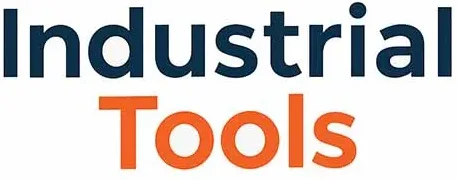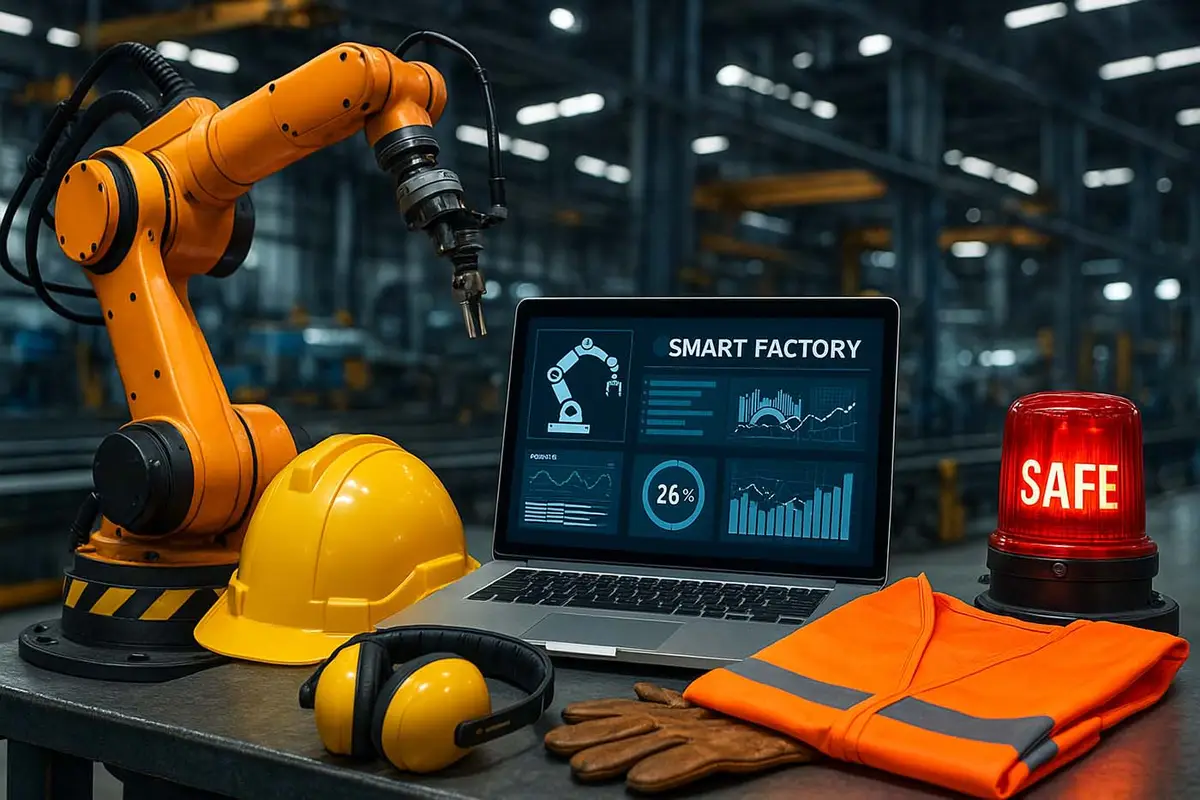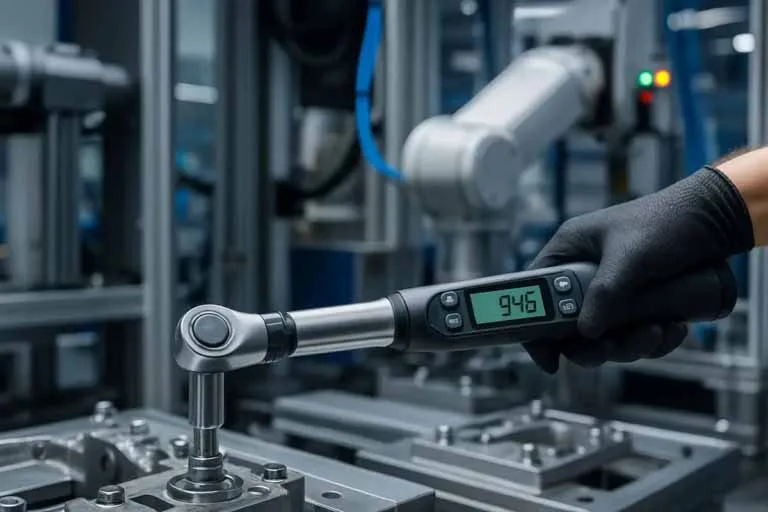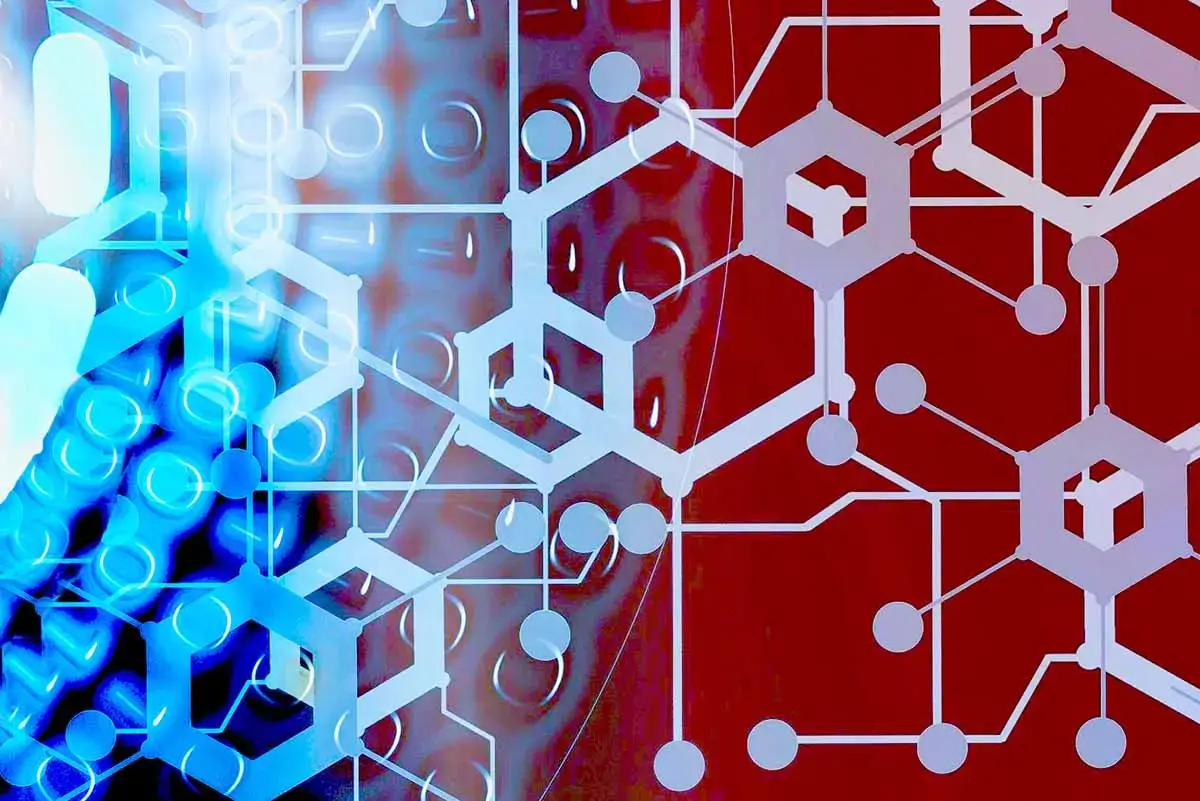From Automation to Smart Tech & Safety Enhancements in Modern Industry
Industrial evolution is no longer a future dream – it’s the present reality. Across factories, warehouses, plants, and production lines, we are witnessing a transformative era powered by automation, intelligent machines, and groundbreaking safety innovations. But what does this shift truly mean for industries, workers, and decision-makers?
In this deep dive, we explore how cutting-edge automation tools, AI-driven smart technology, and advanced safety enhancements are reshaping the landscape of modern industry. Whether you’re in manufacturing, logistics, construction, or engineering, this is a revolution you cannot afford to ignore.
🔧 What Is Industrial Automation and Why Is It Important?
Industrial automation refers to the use of control systems, such as computers or robots, for handling different processes and machinery. It reduces human intervention, boosts accuracy, and significantly increases production speed.
What is industrial automation in simple terms?
Industrial automation is the use of machines, robots, and software to perform industrial tasks that were previously done by humans. It increases efficiency, reduces errors, and lowers costs.
And while automation might sound like a buzzword from the 1990s, the current wave is powered by AI, machine learning, IoT, and real-time data analysis, making it smarter and more adaptable than ever.
🤖 How Smart Technology Is Revolutionizing Industry
Smart technology, often referred to as Industry 4.0, is about connecting machines, devices, sensors, and people into one intelligent network. Think of it as industrial equipment with brains.
Key features of smart tech in industry include:
- Predictive maintenance using IoT sensors
- Real-time monitoring dashboards
- AI-powered quality control
- Automated inventory and logistics systems
- Cloud-based factory management platforms
What are smart technologies in manufacturing?
Smart technologies in manufacturing are tools and systems that use AI, sensors, and connectivity to automate and optimize production processes.
Interesting Fact:
The world’s first fully automated smart factory was built in Japan in 2018 – with nearly zero human staff involved in the daily operation.
🦺 Enhancing Workplace Safety Through Technology
Safety is no longer just about helmets and warning signs. Today’s safety solutions are smart, data-driven, and proactive.
From AI-powered visual monitoring to wearable safety tech, the focus has shifted toward predicting hazards before they happen.
Examples of Modern Safety Enhancements:
- Smart PPE with sensors for toxic gases, fatigue, or falls
- Machine learning algorithms that analyze near-miss data
- Real-time alerts and evacuation systems using IoT networks
- Digital twins to simulate dangerous scenarios before real-world implementation
How is technology improving workplace safety?
Technology improves safety by using AI, IoT, and smart equipment to detect hazards early, alert workers in real-time, and prevent accidents before they happen.
🚀 The Rise of Cobots and Collaborative Automation
While traditional robots replaced human tasks, collaborative robots (cobots) are designed to work alongside humans—safely and efficiently.
Cobots are especially useful in tasks that require precision, repetition, or lifting heavy loads. They can be trained by example, making them highly adaptable even in small-batch productions.
Lesser-Known Fact:
Cobots are currently being used in surgical manufacturing, assisting in the production of micro-sized medical tools with ultra-fine accuracy.
🌐 Data Is the New Industrial Fuel
Modern industry runs on data. With smart sensors, cloud computing, and edge AI, businesses can now monitor, analyze, and respond to operational issues in real time.
Data from the factory floor helps:
- Improve quality assurance
- Reduce downtime
- Forecast demand
- Optimize resource allocation
- Identify cost-saving opportunities
Why is data important in smart manufacturing?
Data helps manufacturers understand what’s happening in real time, improve decision-making, and predict issues before they occur.
🧠 Human + Machine = A Smarter Future
Automation is not about replacing humans. It’s about empowering them.
By offloading dangerous, dirty, or repetitive tasks to machines, skilled workers can focus on problem-solving, innovation, and creativity. New job roles like robot coordinators, data analysts, and digital twins specialists are emerging every year.
Will smart technology replace human workers?
No. Smart technology is designed to support and enhance human roles, not replace them. It automates repetitive tasks, allowing workers to focus on higher-value responsibilities.
🔄 Transitioning to a Smarter Industry: What You Can Do
Whether you’re a factory owner, technician, or just passionate about tools and tech, the time to adapt is now.
Steps to Start Modernizing:
- Assess your current systems – Identify manual or outdated processes
- Invest in training – Upskill your workforce to manage and work with smart systems
- Start small – Pilot one automation project and scale from success
- Choose reliable partners – Work with experienced tool providers and integrators
- Prioritize safety – Make sure safety innovations are included in every step
🔍 Summary of Key Trends
| Technology | Benefit | Application Area |
|---|---|---|
| Industrial Automation | Increases productivity & accuracy | Manufacturing, Assembly |
| Smart Tech | Real-time insights & control | Logistics, Quality Management |
| Safety Enhancements | Predicts hazards, improves response | Construction, Warehousing |
| Cobots | Collaborate with humans | Assembly Lines, Lab Work |
| Data Analytics | Decision-making & forecasting | Supply Chain, Maintenance |
🗣️ Final Thoughts
The journey from automation to smart tech and safety is not a one-time leap – it’s a continuous evolution. The industries that embrace this shift will not only survive – they’ll thrive.
So, whether you’re tightening bolts or managing an entire facility, the smarter path is clear: integrate technology, prioritize safety, and grow with confidence.
💬 What’s Your Experience?
Have you implemented smart tech or automation in your workplace? Are you considering it? We’d love to hear your thoughts, successes, and even the challenges you’ve faced.
👇 Comment below and let’s build a smarter conversation together.
📲 Share this article with fellow professionals on LinkedIn, Facebook, or wherever your industrial heart beats!





